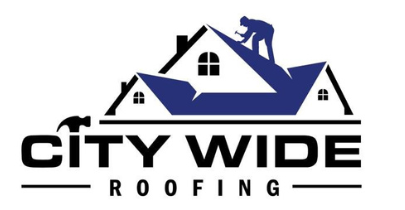Constructing a building, erecting a structure, developing a project – each of these tasks requires a deep understanding of safety codes and guidelines.
As a contractor, you’re likely aware of the vast array of rules and regulations you need to adhere to in any construction project, but the importance of these codes becomes especially pronounced when it comes to roofing.
The role of roofing contractors isn’t just about laying shingles or installing gutters; it’s about ensuring safety, maintaining structural integrity, and complying with local and national building codes.
You may wonder, ‘Why are these codes so vital? What difference could they possibly make?’ Well, consider this: a slight deviation from the code could lead to catastrophic results.
But let’s hold that thought for a moment. Before we get into the possible outcomes of ignoring these codes, let’s first explore their significance.
Understanding Building Codes’ Importance
While you might think of building codes as just bureaucratic red tape, they’re actually crucial for ensuring the safety, efficiency, and quality of your roofing project. These codes, established by local, state, and national governments, set the minimum standards for construction, including roofing. They’re designed to protect you, the homeowner, from substandard workmanship.
Without these regulations, contractors could use inferior materials or skip essential steps in the roofing process. This could lead to costly repairs, or worse, a roof failure. By adhering to building codes, your contractor ensures the longevity and durability of your roof.
You’re not just complying with the law—you’re investing in peace of mind. Remember, a code-compliant roof is a quality roof.
Roofing Contractors’ Role in Safety
Every reputable roofing contractor knows that adhering to safety regulations is as vital as following building codes, ensuring the wellbeing of both workers and homeowners during the roofing process. As a roofing contractor, you’re the frontline defender against potential hazards that could compromise the safety of your team and customers.
You’re responsible for ensuring that your crew adheres to the correct safety procedures, from using personal protective equipment to implementing fall protection systems. Your hands-on approach to safety doesn’t just reduce the risk of accidents, it also fosters a culture of safety within your team.


